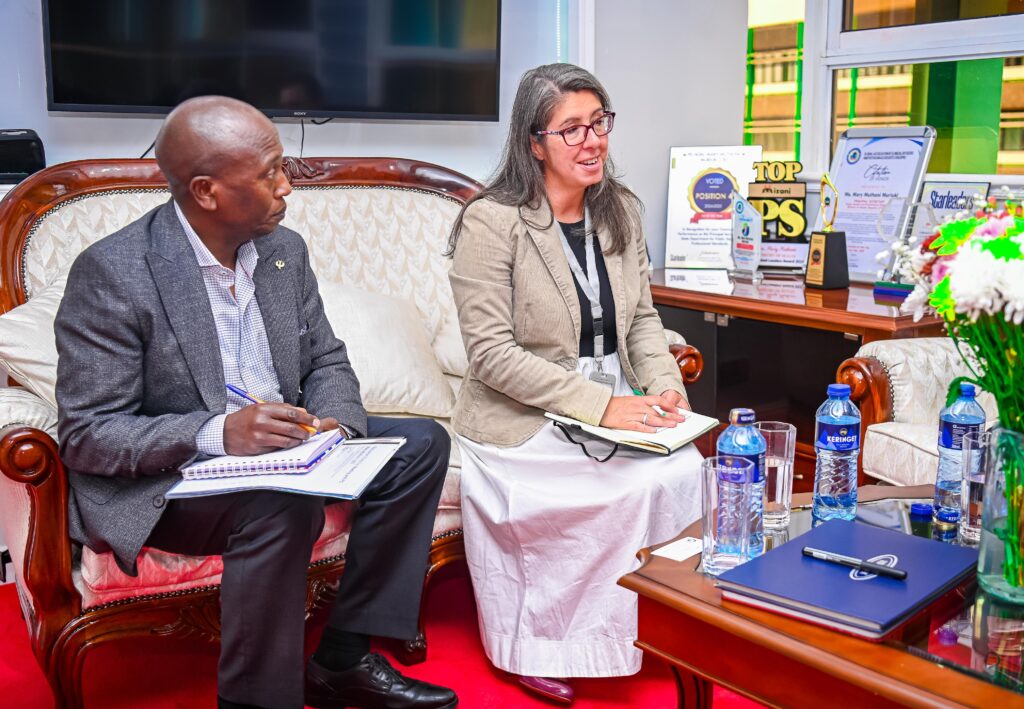The Government is stepping up efforts to expand access to affordable and quality health care by placing emphasis on evidence-based investments in the health sector. With limited fiscal space, the need for targeted resource allocation has become critical. This makes data analytics an essential tool for guiding decision-making, ensuring resources are directed where they can have the greatest impact in advancing Universal Health Coverage (UHC).
A recent high-level engagement focused on exploring collaborative pathways to strengthen UHC through strategic investments. The discussions centered on how data-driven approaches can optimize health financing, bolster disease surveillance, integrate climate considerations into health planning, and inform long-term policy decisions.
One of the central pillars underlined was health financing. Establishing a resilient financial landscape is crucial for the sustainability of UHC. By adopting evidence-based models, Kenya seeks to ensure that financing mechanisms are efficient, transparent, and equitable, allowing more citizens to access the services they need without falling into financial hardship.
Disease surveillance and preparedness were also highlighted as priority areas. Strengthening early warning systems and response capabilities is vital in mitigating the impact of outbreaks and safeguarding communities. By embedding data analytics into surveillance, the country can identify trends faster and respond more effectively to emerging health threats.
Another important focus was the integration of climate change into health sector planning. Climate variability increasingly poses risks such as the spread of vector-borne diseases, disruption of food security, and increased vulnerability of already at-risk populations. By mainstreaming climate considerations into health investment strategies, Kenya aims to build resilience and protect vulnerable communities from climate-related health shocks.
Data analytics emerged as a cross-cutting enabler in all these areas. Harnessing data to generate actionable insights will improve planning, enhance accountability, and maximize the impact of every investment. Evidence-based decision-making not only improves efficiency but also strengthens trust in health systems by ensuring that resources are allocated transparently and equitably.
The Government’s commitment to evidence-based investments marks a decisive step in strengthening UHC. By combining robust financing, proactive disease surveillance, climate-responsive planning, and advanced analytics, Kenya is positioning its health sector to deliver sustainable, high-quality care to all citizens.

